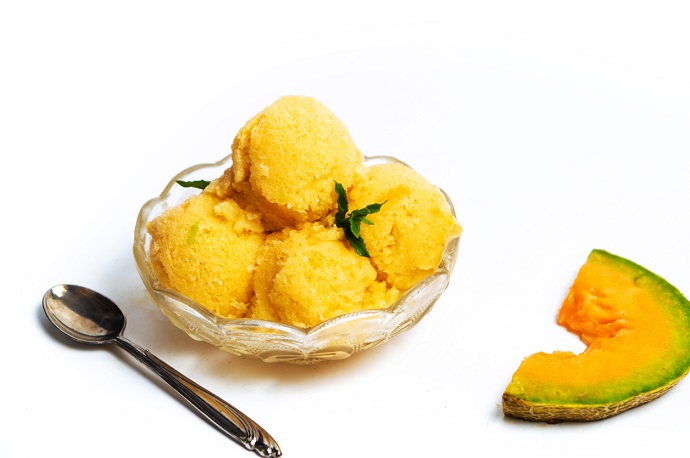
Boost your immune system by managing stress; getting plenty of sleep; practicing good hygiene; and — you guessed it — eating a well-balanced diet with protein, carbohydrates, fats, and lots of fruits and vegetables.
No single nutrient can protect you from illness, but regularly eating a variety of nutrients boosts your immune system. Look for these immune-supportive nutrients and foods that contain them:
- Vitamin C: Vitamin C is well known for its role in immune support. It’s a powerful antioxidant that helps grow and repair the body’s tissues and heal wounds. Eat a variety of citrus fruits, bell peppers, tomatoes, potatoes, and broccoli to get your daily dose of vitamin C. Start your day with an Orange-Peach Green Smoothie.
- Vitamin D: This fat-soluble vitamin and hormone plays a complicated role in the immune system. It appears that vitamin D keeps the immune system in balance and minimizes inflammation. Fill up on vitamin D by getting out in the sun and eating foods such as fatty fish; egg yolks; and vitamin D-fortified milk, cereals, and orange juice. Try Labneh Cheese (Yogurt Cheese).
- Beta-carotene: Your body converts beta-carotene in your diet into vitamin A, which helps create white blood cells and is a powerful antioxidant. Get vitamin A in your diet by eating a variety of leafy green vegetables, carrots, cantaloupe, and sweet potatoes. Treat your family to a tasty Cantaloupe Granita.
- Zinc: Zinc supports the immune system by building a specific white blood cell, the T lymphocyte. It also helps the body grow and recover from wounds. Zinc is added to fortified foods such as cereals and also naturally occurs in oysters, beef, crab, and beans. Warm up with Tuscan White Bean Soup.
- Protein: Unlike the other nutrients on this list, which are micronutrients, protein is a macronutrient. It’s required in large amounts in our diets and has many roles. For immune function, proteins form antibodies, build and repair tissues, and produce hormones and enzymes. Most people get enough daily protein, so it’s important to focus on variety instead of quantity. Aim for a range of lean meats, seafood, eggs, legumes, whole grains, and seeds. For a delicious on-the-go lunch, make OLD BAY® Tuna Salad.
- Probiotics: Probiotics are live, beneficial bacteria that help the body digest food, support the microbiome, and regulate the immune system. Research about probiotics and the microbiome is still relatively new, and it’s unknown which specific strains of probiotics are most effective. While it’s common to find probiotic supplements, it’s not clear how safe or effective those supplements are. Probiotics naturally occur in fermented foods such as yogurt, sauerkraut, kombucha, miso, and tempeh. Try some fermented foods in Kielbasa with Potatoes and Sauerkraut).




